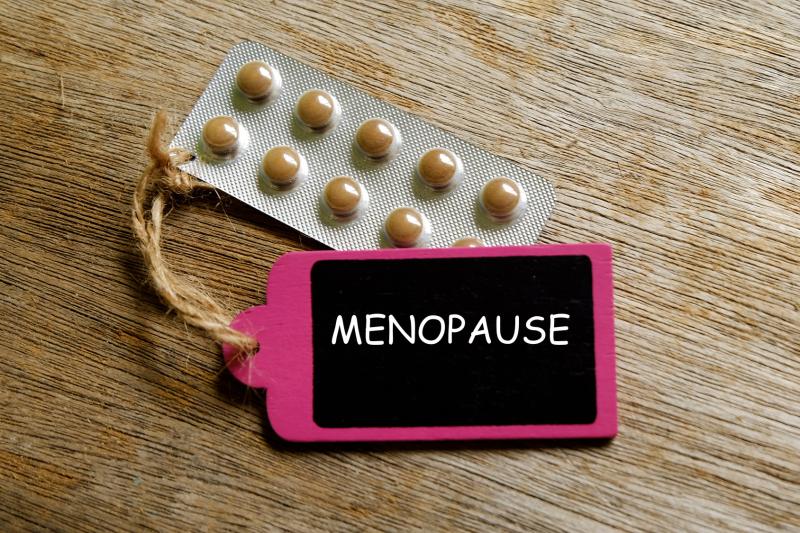
Treatment with the neurokinin 3 receptor (NK3R) antagonist fezolinetant results in a quick and substantial decrease in moderate or severe vasomotor symptoms (VMSs), reports a phase IIa trial, highlighting its potential as an effective nonhormonal treatment option for menopausal women.
To assess the efficacy and safety of fezolinetant, the investigators conducted a double-blind, randomized, placebo-controlled trial in eight Belgian centres from September 2015 to October 2016. Generally healthy menopausal women aged 40–65 years with moderate or severe VMSs were randomly assigned 1:1 to either fezolinetant 90 mg twice daily or placebo for 12 weeks.
An electronic diary was used to capture VMS severity and frequency. The investigators also assessed pharmacodynamic and pharmacokinetic effects, as well as safety and tolerability.
Of the 122 women screened, 87 were randomized and 80 (92 percent) completed the study. Total VMS score significantly declined (–26.5 vs –12.2; p<0.001) and mean frequency of moderate or severe VMSs decreased by five episodes per day at week 12 with fezolinetant compared with placebo. Reduction in severity and frequency of moderate or severe VMSs occurred from the first day of treatment.
Improvements in all quality-of-life measures were achieved. The NK3R antagonist was also well tolerated by patients. Gastrointestinal disorder (n=6) was the most frequently reported treatment-related adverse event.
“The thermoregulatory centre in the hypothalamus is stimulated by NK3R activation and inhibited by oestrogen-negative feedback,” the investigators said. “This balance is disrupted in menopause, producing VMSs.”